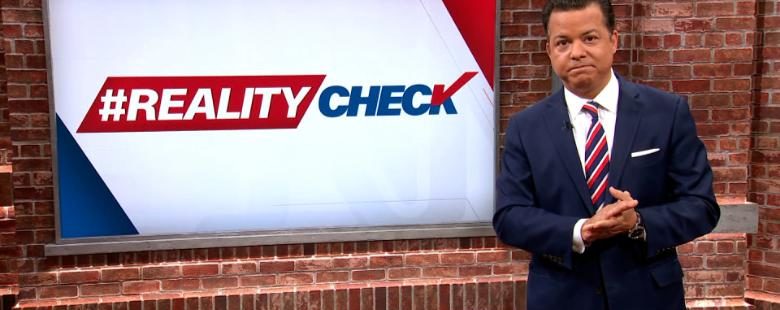In these states,
general elections are coronations, not contests — and that’s a problem. Only members of the majority party get a real say in choosing their representative, which excludes a vast portion of the electorate and leads to more radical candidates.
Structural reforms like
ranked choice voting and open primaries are certainly the best ways to address this, but they can take years to implement and neither party is especially keen on losing its advantage where it exists. The problem is urgent and requires us to think creatively and offer realistic solutions that could be implemented quickly.
Enter Utah, where an interesting experiment is playing out that could serve as a model for how a moderate with broad appeal who is normally disadvantaged by partisan primaries can challenge a more radical candidate otherwise bound for victory.
The plan goes like this. Republican Sen. Mike Lee is up for reelection in Utah, where he would almost certainly win against a Democrat. Utah Democrats, who have failed to get a US Senate candidate elected
since 1970, have declined to nominate a candidate this time around and instead
thrown their support behind the politically moderate — and electorally viable — former Republican Evan McMullin, who is now running as an independent.
In a lot of ways, McMullin is a traditional conservative. But, he is willing to push back against the pro-Trump, pro-Putin wing of the party, and for a lot of Democrats, independents and moderate Republicans, he would be a welcome change from Lee.
Of course, this strategy carries risks. The minority party would have to compromise on a number of its policy priorities and could still end up losing. But, as in chess, sometimes you have to take a risk and make a sacrifice in order to create a unique winning combination. And ultimately, winning on even a few priorities is better than losing in the name of ideological purity.
There’s a certain irony to the fact that the key to breaking our political duopoly and returning some modicum of sanity to our politics could actually come from heavily blue or red states.
In states where elections are even somewhat competitive, it’s unlikely that either party would agree to back down from advancing their own candidate. But in areas where the minority party has next to no chance of winning, they could work with a more moderate candidate or defector from the majority party, rather than waging a quixotic campaign that would offer voters some semblance of ideological and emotional validation without any real-world impact.
If this moderate candidate could siphon off 25-30% of the vote from the majority party and win the backing of most of the minority party, this would make the general election genuinely competitive. If there’s anything the last six years have shown us, it’s that the relevant political divide is no longer left vs. right — it’s between those who want to improve upon our existing system and those who want to tear it down for any number of ideological reasons. This opens up a number of interesting pathways for cooperation between independents and moderate members of both parties.
Ultimately, structural reform is the only true long-term solution to the radicalism that has emerged from our partisan primaries. Former CEO turned electoral reform advocate Katherine Gehl has put forth a few particularly compelling ideas at the
Institute for Political Innovation,
including final-five voting, a system that gets rid of closed primaries and allows voters to rank their top five candidates from either party in order of preference. We believe this approach would not only improve upon the existing primary system, but also incentivize elected officials to prioritize governing over grandstanding.
In the meantime, creative campaigns like McMullin’s could offer the moderation and broadly appealing candidates our democracy needs. Utah Democrats have clearly recognized the opportunities a cross-partisan coalition could represent.
Injecting moderation and sanity into our political discourse is one of the key goals our organization, the Renew Democracy Initiative, was founded to achieve. We believe that the only way to handle growing ideological radicalism on either side is to employ creative approaches to build a true centrist coalition. This is critical to defending the pillars of our democracy and fighting back against further political polarization. If McMullin can prove the efficacy of this strategy in Utah, it could be a way to break our nation’s politicized gridlock.”



